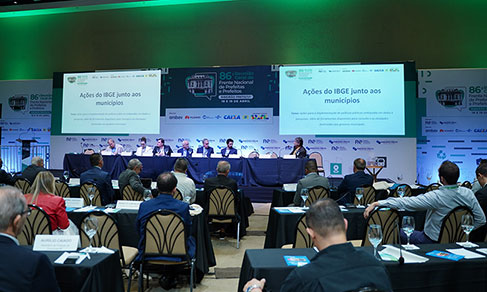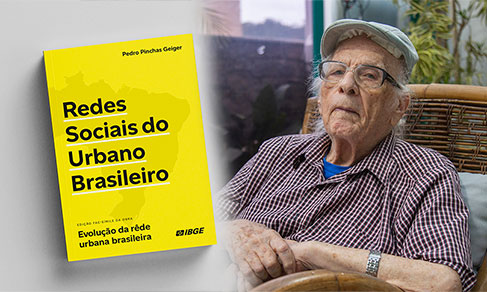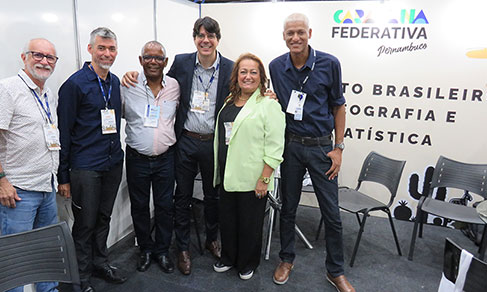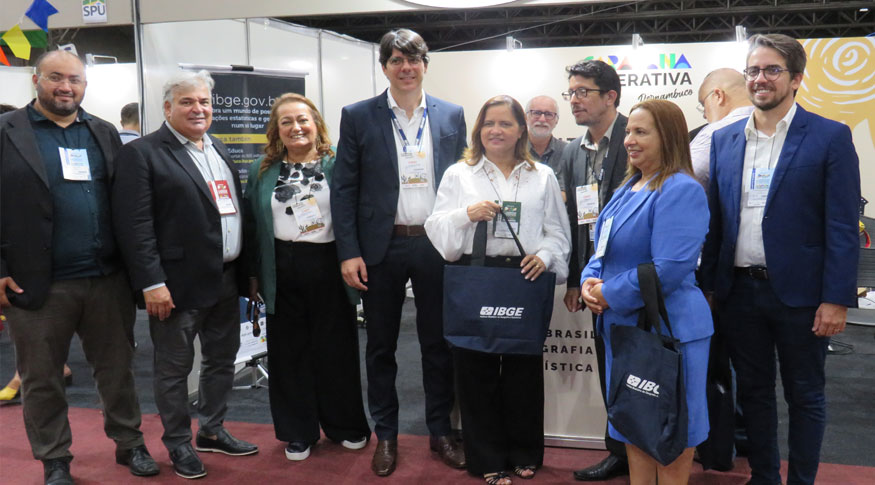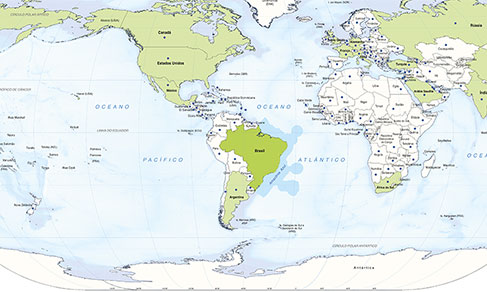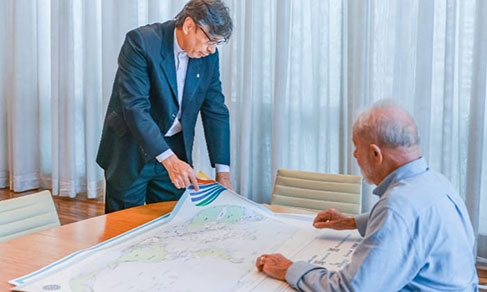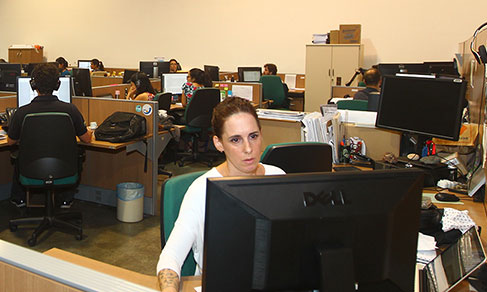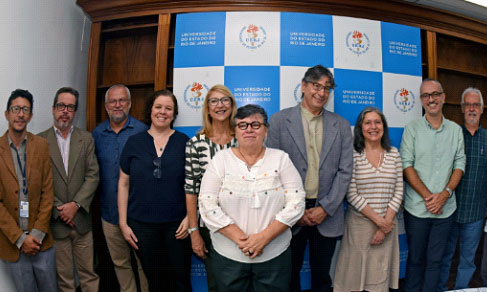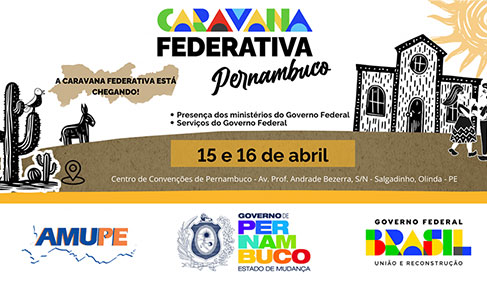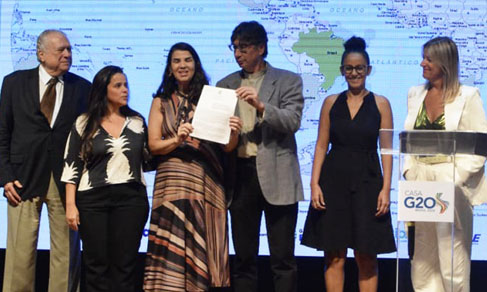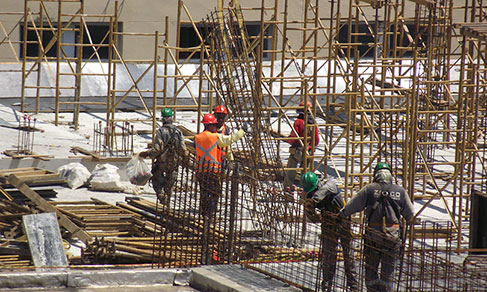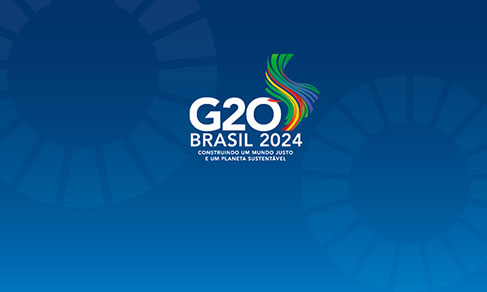World Radio Day celebrates sports and fosters tolerance in 2018
February 09, 2018 11h00 AM | Last Updated: February 09, 2018 02h00 PM
Established in 2011 by the United Nations Educational, Scientific and Cultural Organization - Unesco, the World Radio Day will be celebrated on February 13 under the theme "Radio and Sports". It aims at celebrating diversity, fostering gender equality and promoting values like non-violence, solidarity and tolerance in sports coverage on the radio.
Much more than a communication media in Brazil, the radio created musical genres, fed the national passion for soccer and played an important role in the integration of the country. The radio was firstly broadcast in 1922, when President Epitácio Pessoa spoke on the centenary of the Brazilian independence.
Nevertheless, those electromagnetic waves just began to spread in the Brazilian airs for commercial purposes in 1923, thanks to enthusiasts like Roquette Pinto, who partnered in societies to found radio stations.
The first soccer game was broadcast in 1932 and, in 1938, it came the first sports broadcast in national chain during the World Cup in France. For Felipe Oliveira, professor of radio journalism at Unicarioca, the radio virtually conceived the way that sports are covered today: "even with the introduction of the TV, the radio remained leading the sports coverages. The TV did not cover every game and major moments of sports up to the mid-1990s: victories of the Brazilian team and soccer clubs were told on the radio. It became a culture".
IBGE statistics on radio
The existence of radio devices in the Brazilian households began to be investigated in 1988 through the National Household Sample Survey - PNAD, which took into account any type of radio, including those that attached other devices, like, for example, tape recorders. In that year, 81.8% of the households had such devices. The existence of these devices hit its highest percentage in 1998 (90.5%). Nonetheless, the survey registered that only 69.2% of the households had radio sets in 2015. Yet, it does not mean that persons were no longer listening to it.
According to Maria Lúcia Vieira, manager of PNAD, the survey did not follow the technological changes and did not encompass the new forms of radio. "Technology changed a lot over the last years and the concept of radio in the survey did not follow it, not taking into account, for instance, what is being listened on the Internet, computers and mobile telephones", explains her. Therefore, the investigation was temporarily discontinued and the IBGE is now studying how to resume it using a more comprehensive concept.
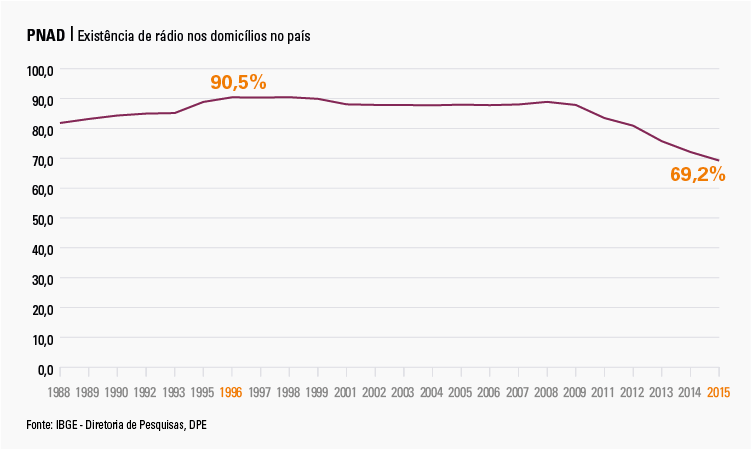
Even with the technological advances, the radio is still the second more used communication media by the Brazilians, losing only to television. These data are in the Brazilian Media Survey 2015, carried out by the Especial Department of Social Communication of the Presidency of the Republic - Secom.
The survey unveiled that, despite the number of listeners dropped from 61% to 55% compared with 2014, the number of persons who stated that listened to the radio every day increased from 21% in 2014 to 30% in 2015. In addition, 80% of the respondents said they listen to the radio on traditional radio sets, 8% reported to listen in the car and 8%, in mobile telephones. The survey also pointed out that 63% of the respondents use the radio to get informed, 62% to have fun and 30% to spend their time.
Juney Freire, a 21 year-old student of journalism, is accustomed to listening to the radio every day in the morning. "I listen to the radio mainly in the trip from home to work, through the mobile telephone. I prefer the radio to hear music and get informed on urgent news, because I don´t need to stop what I am doing to watch it, as on the TV for example", states Juney.
Doorman Antônio Freire de Araújo, 50 years old, has always his radio set by his side. "I like to hear music, sertanejo, forró and the Fluminense games". He told that he listens more radio in his work: "but I prefer to watch it on TV if I have this option".
Professor Felipe Oliveira believes that this vehicle will resist amidst a generation accustomed to audiovisual. "The radio will never die. It has a very important vocation, which is getting people together. If we can use the radio and social media, which are major people gatherings, its future is guaranteed", concludes Felipe.


